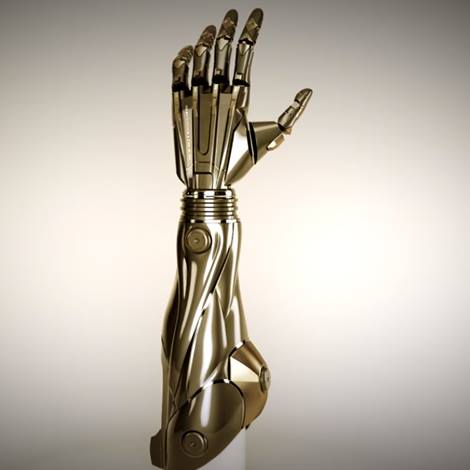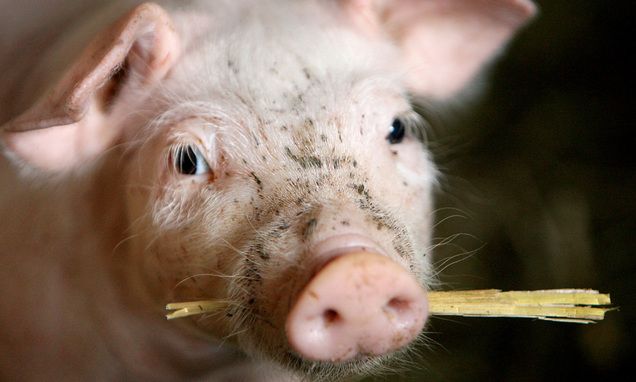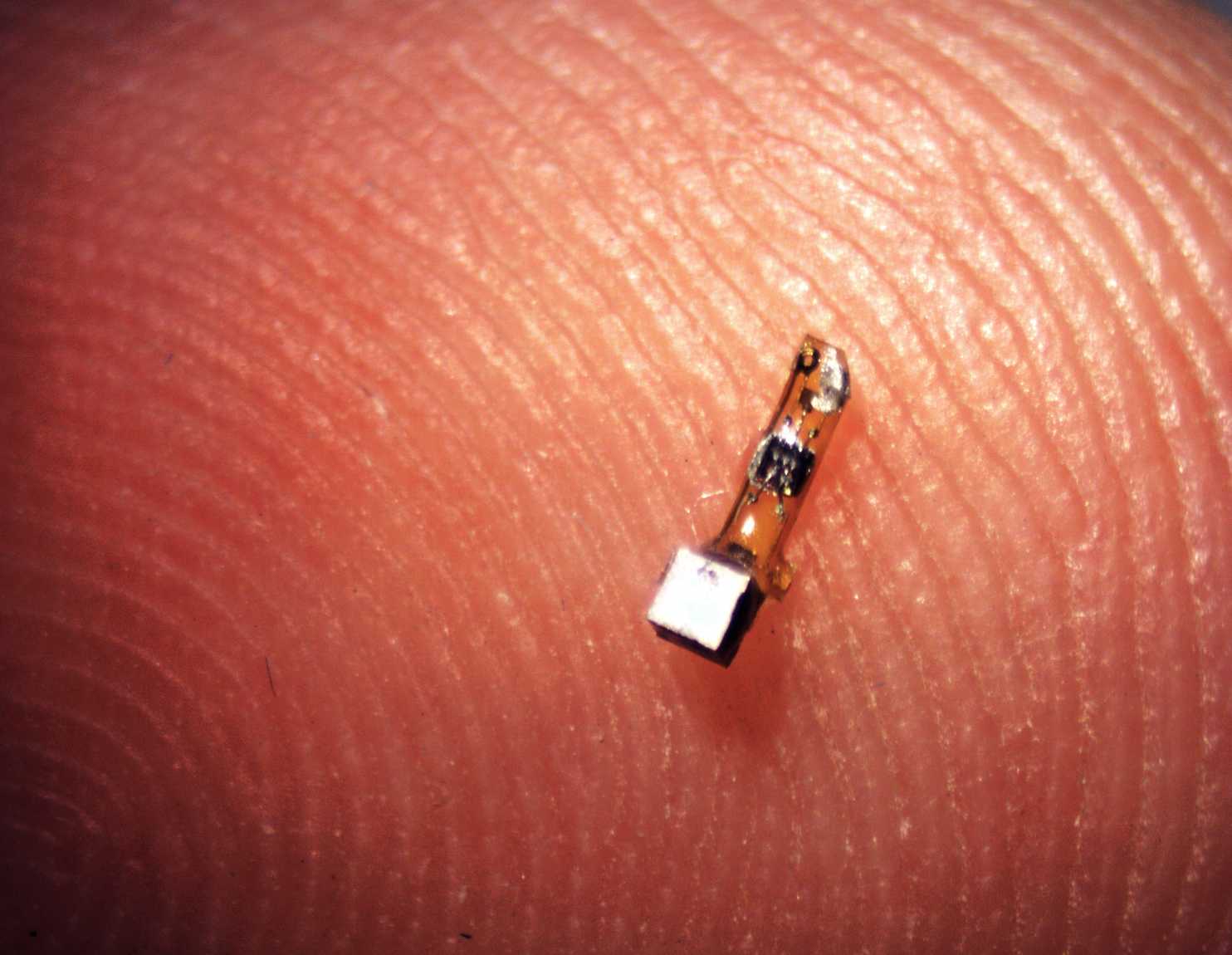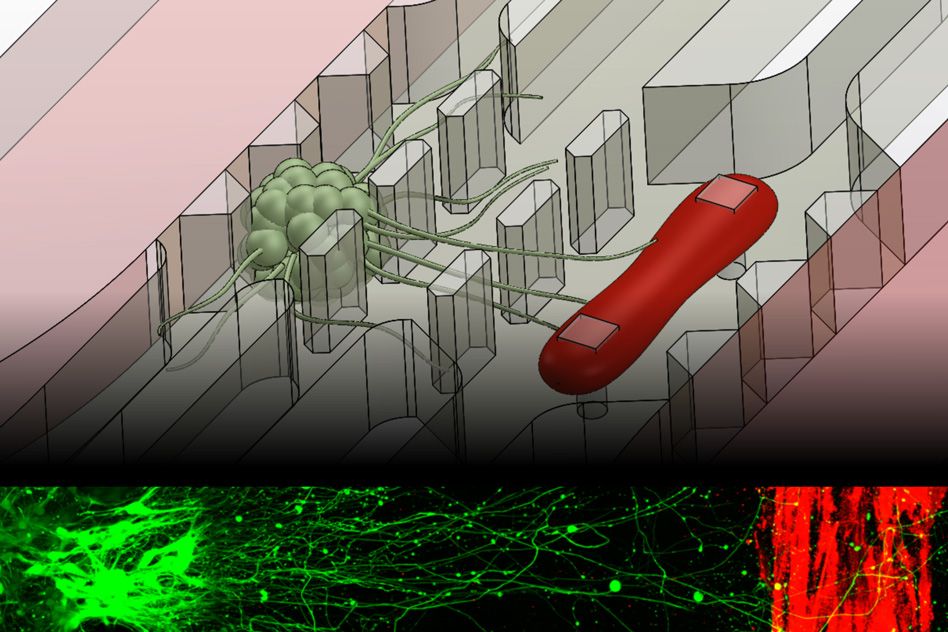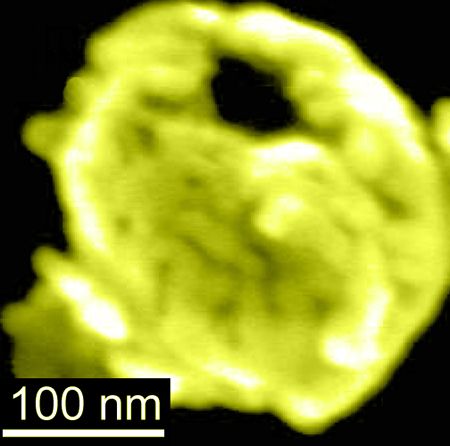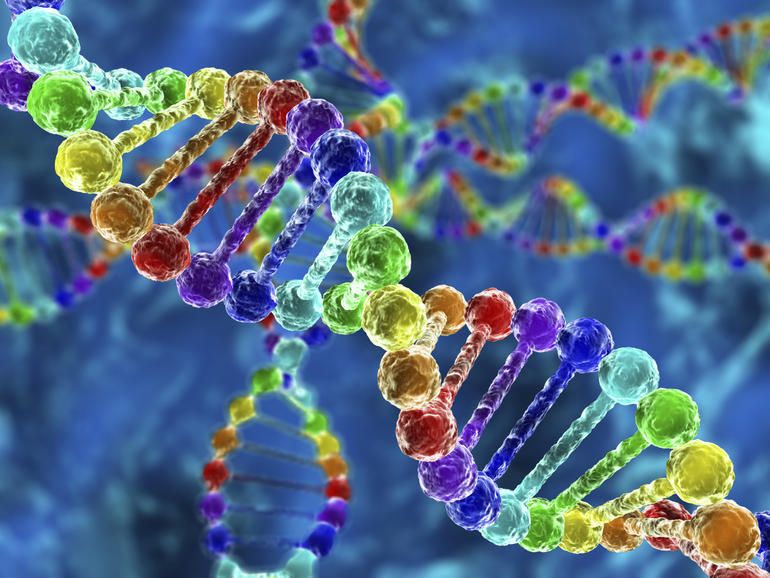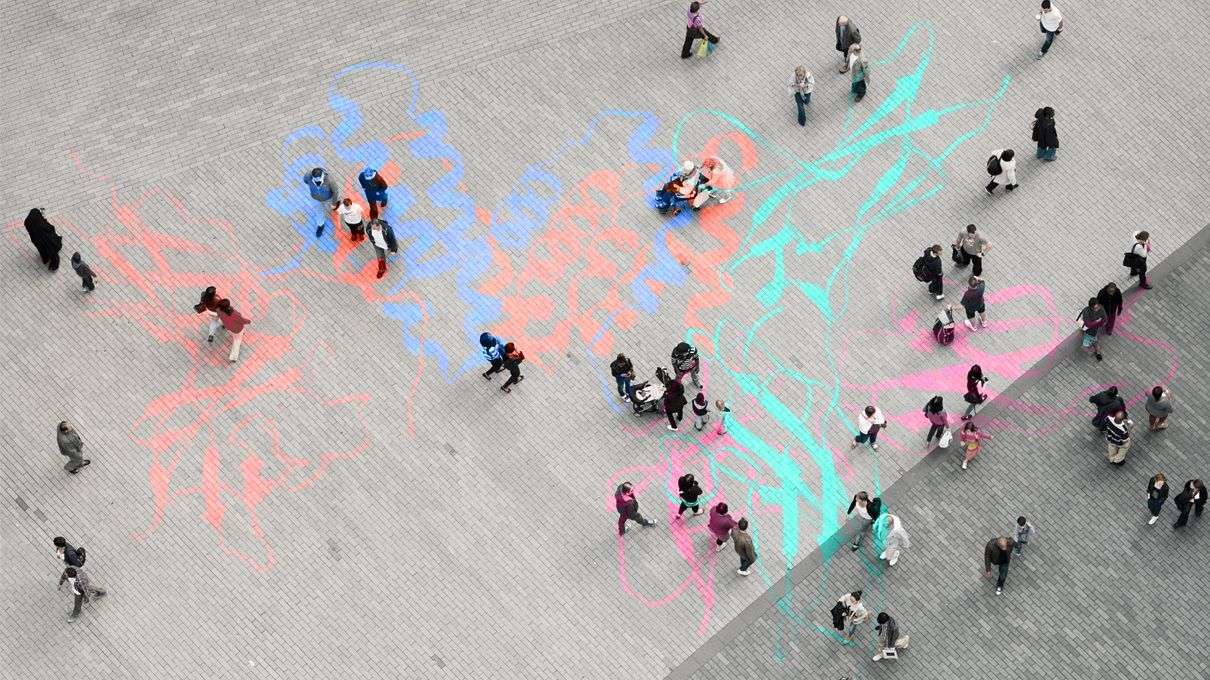Archive for the ‘biotech/medical’ category: Page 2588
Aug 5, 2016
Removing Senescent Cells from the Lungs of Old Mice Improves Pulmonary Function and Reduces Age-Related Loss of Tissue Elasticity
Posted by Steve Hill in categories: bioengineering, biotech/medical, genetics, life extension
More progress with senolytics for treating age related diseases and further vindication for the SENS approach to aging.
The open access paper linked below provides another reason to be optimistic about the therapies to clear senescent cells from old tissues that are presently under development. Here, the researchers created genetically engineered mice in which they could selectively trigger senescent cell death in lung tissues. In older mice, the result was improved pulmonary function, and other improvements in the state of lung tissue — turning back the clock on some of the detrimental age-related changes that take place in the lungs.
Cells become senescent in response to damage or environmental toxicity, or at the end of their replicative lifespan, or to assist in wound healing. The vast majority either destroy themselves or are destroyed by the immune system, but a few manage to linger on. Those few grow in numbers over the years, and more so once the immune system begins to decline and falter in its duties. Ever more senescent cells accumulate in tissues with advancing age, and they secrete a mix of signals that can encourage other cells to become senescent, increase inflammation, and destructively remodel nearby tissue structures. In small numbers senescent cells can help to resist cancer or assist healing, but in large numbers they contribute meaningfully to all of the symptoms and conditions of old age. They are one of the root causes of aging.
Aug 4, 2016
US Government gives go-ahead to research to grow part-animal part-human organs for transplants
Posted by Karen Hurst in categories: biotech/medical, government, health, policy
Posting for the friends who hasn’t heard about the US funding the new program to grow half human and half animal embryos. Part of the goal is to enable organs to be made available for transplants, etc…
The federal government is planning to lift a moratorium on funding of controversial experiments that use human stem cells to create animal embryos that are partly human.
The National Institutes of Health has unveiled a new policy to permit scientists to get federal money to make the embryos, known as chimeras, under certain carefully monitored conditions.
Aug 4, 2016
Engineers implanted tiny sensors in rats’ nerves and muscles. Are humans next?
Posted by Karen Hurst in categories: biotech/medical, computing, cyborgs, health
The benefits of the technology for humans, while still largely hypothetical, are promising. The sensors could allow physicians to monitor the health of organs, create new therapies for neurological disorders, and help the physically impaired to control prosthetics.
While chips have been implanted in humans and other animals before, these sensors mark a significant improvement because they are small, wireless, batteryless, and could last in the body for years without degrading, said Michel Maharbiz, the associate professor who devised and studied the sensors alongside neuroscientist Jose Carmena.
“Hopefully the [tiny sensors] demonstrate a new direction for the field, and then you could build the consensus that’s needed to drive these forward,” Maharbiz said.
Continue reading “Engineers implanted tiny sensors in rats’ nerves and muscles. Are humans next?” »
Aug 4, 2016
Peter Thiel Wants Young Blood. Do You Want Young Blood?
Posted by Karen Hurst in category: biotech/medical
Aug 4, 2016
How Scientists Plan to Grow Cities Out of Living Organisms
Posted by Sean Brazell in categories: bioengineering, biotech/medical, education, environmental, robotics/AI, space travel

Imagine a future where there is no need to cut down a tree and and reshape that raw material into a chair or table. Instead, we could grow our furniture by custom-engineering moss or mushrooms. Perhaps glowing bacteria will light our cities, and we’ll be able to bring back extinct species, or wipe out Lyme disease—or maybe even terraform Mars. Synthetic biology could help us accomplish all that, and more.
That’s the message of the latest video in a new mini-documentary Web series called Explorations, focusing on potentially transformative areas of scientific research: genomics, artificial intelligence, neurobiology, transportation, space exploration, and synthetic biology. It’s a passion project of entrepreneur Bryan Johnson, founder of OS Fund and the payments processing company Braintree.
Continue reading “How Scientists Plan to Grow Cities Out of Living Organisms” »
Aug 4, 2016
New microfluidic chip replicates muscle-nerve connection
Posted by Shailesh Prasad in categories: bioengineering, biotech/medical, computing, genetics, neuroscience
MIT engineers have developed a microfluidic device that replicates the neuromuscular junction—the vital connection where nerve meets muscle. The device, about the size of a U.S. quarter, contains a single muscle strip and a small set of motor neurons. Researchers can influence and observe the interactions between the two, within a realistic, three-dimensional matrix.
The researchers genetically modified the neurons in the device to respond to light. By shining light directly on the neurons, they can precisely stimulate these cells, which in turn send signals to excite the muscle fiber. The researchers also measured the force the muscle exerts within the device as it twitches or contracts in response.
The team’s results, published online today in Science Advances, may help scientists understand and identify drugs to treat amyotrophic lateral sclerosis (ALS), more commonly known as Lou Gehrig’s disease, as well as other neuromuscular-related conditions.
Continue reading “New microfluidic chip replicates muscle-nerve connection” »
Aug 3, 2016
Nanobowls Offer a Way to Magnetically Deliver Drugs in the Body
Posted by Karen Hurst in categories: biotech/medical, nanotechnology
Just amazing.
August 03, 2016 | By Liezel Labios Nanobowls Offer a Way to Magnetically Deliver Drugs in the Body.
Aug 3, 2016
NSW minister reckons innovation runs in Australia’s DNA
Posted by Karen Hurst in categories: biotech/medical, innovation
Hmmm; ok, hmmm.
NSW Minister for Trade, Tourism and Major Events Stuart Ayres has said that innovation is ingrained in the DNA of Australians as the nation has always found a way to ‘make things happen’.
Aug 3, 2016
Germs May Help Shape Our Personalities
Posted by Karen Hurst in category: biotech/medical
Who knew.
It’s all connected! Recent rodent research suggests that immune responses and social behavior may be more intertwined than we realized.
